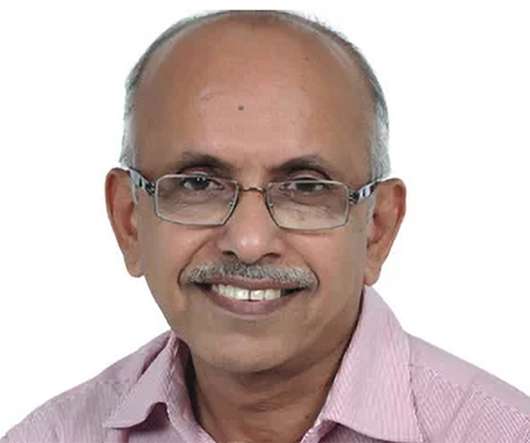What to know about High Blood Pressure (Hypertension)
Georgetown Pediatrics & Family Medicine
JANUARY 24, 2022
The Joint National Committee 2003 defines hypertension as systolic of 140 mmHg and higher or diastolic 90 mmHg and higher. Many patients do not recognize elevated blood pressure as it can be subtle such as intermittent vision change or headaches. What are some signs and symptoms of Hypertension?












Let's personalize your content